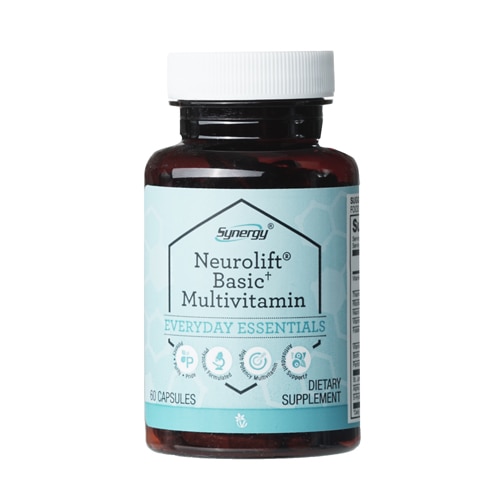Memory is a complex process that stores and organizes billions of pieces of information. Luckily, keeping your mind sharp can be so easy you can do it in your sleep -- literally. In fact, you probably already do a few of these memory-supporting habits on a daily basis. Hint: sleep is one of them.
1. Floss: Can flossing keep you from forgetting? A direct connection has yet to be made, but by keeping your teeth and gums squeaky clean, you can help avoid inflammation which can infiltrate the body and affect many normal functions, including cognition and memory.
2. Exercise: Daily exercise can benefit both your body image and your brain! Research has shown that even a simple, low-impact activity such as a 30-minute walk can boost circulation to all parts of the body, including the brain.
3. Sleep: In both the short term and the long term, adequate sleep can support normal cognitive function and mental performance when you awake. Sleep is also an important time when your brain can review, reorganize and store memories, both new and old.
4. Try new things: Whether it's big or small, any new challenge can give your brain a workout and help form new neural connections. Learn a new language, tackle a crossword puzzle or simply try brushing your teeth with the opposite hand!
5. Socialize: Spend time with your family and friends or expand your social network by joining a group or taking a class. Research has shown that social stimulation can benefit both brain and memory.
6. Eat healthy: Nourish your neurons with plenty of vitamins, minerals, antioxidants and essential fatty acids from healthy foods, including deeply colored fruits, vegetables, greens, herbs and fish. If your diet is less than perfect, you may want to consider a multivitamin, fish oil or antioxidant supplement. A recent study revealed that those who took a daily multivitamin and mineral product for several years performed better on one type of memory test than those who didn't, but more research is needed to confirm a connection.*
*These statements have not been evaluated by the Food and Drug Administration. These products are not intended to diagnose, treat, cure or prevent any disease.




